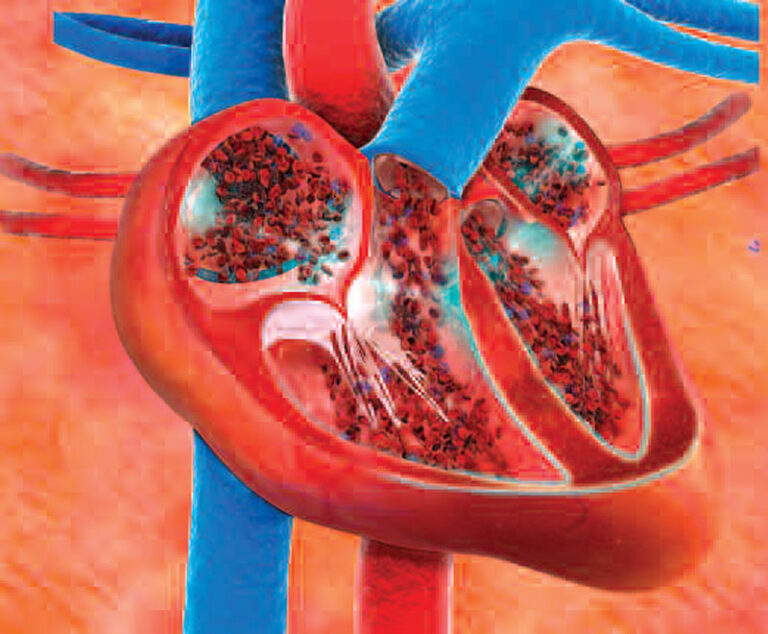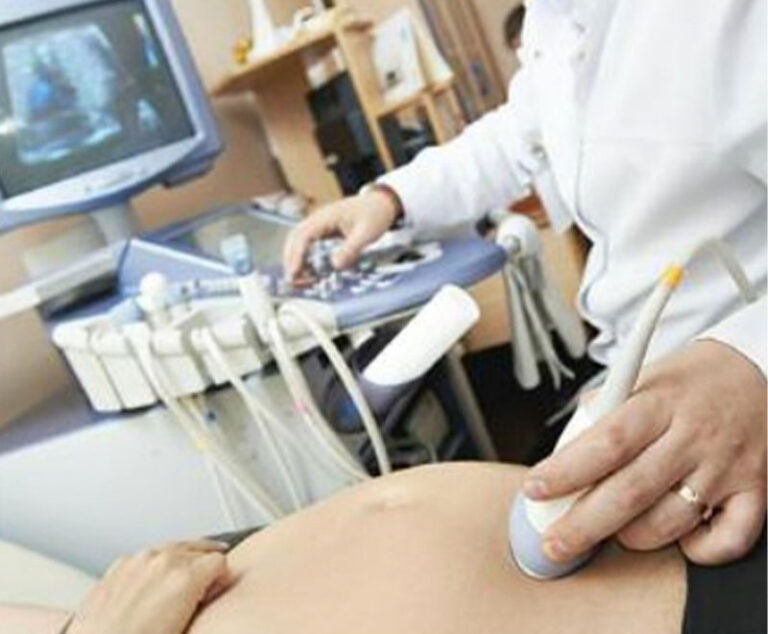Industry Insight
Information, Observation & Analysis
Research & Development Articles
Usually developing following trauma, complex regional pain syndrome (CRPS) has been postulated to be associated with distal degeneration of small-diameter peripheral axons.
Baxalta’s BAX 855, a pegylated full-length recombinant factor VIII (rFVIII) based on the licensed rFVIII product Advate, was designed to increase half-life and potentially reduce the frequency of prophylactic infusions while maintaining hemostatic efficacy.
Investigators at Vanderbilt University Medical Center retrospectively extracted data from medical records of IBD patients treated with intravenous immune globulin (IVIG) used to treat these difficult cases.
The efficacy of Baxter International’s investigational recombinant von Willebrand factor (rVWF) was rated “excellent” (96.9%) or “good” (3.1%) for treatment of 192 bleeding events in 22 patients with severe von Willebrand disease who were enrolled in a Phase 3 clinical trial.
In results from a Phase 3b trial in 168 patients needing urgent reversal of acquired coagulation factor deficiency induced by vitamin K antagonist (VKA) therapy, 78 patients (90 percent) treated with CSL Behring’s four-factor prothrombin complex concentrate (Kcentra; 4F-PCC) achieved effective hemostasis, compared with 61 patients (75 percent) treated with plasma.
A single-center proof-of-concept study was conducted to learn whether intravenous immunoglobulin (IVIG) can control acute cutaneous lupus erythematosus (CLE) and thus replace current systemic immunosuppressive therapy that causes severe side effects and adverse reactions.
Eight consecutive patients on long-term, hospital-based intravenous immunoglobulin (IVIG) therapy to treat chronic inflammatory demyelinating polyradiculoneuropathy (CIDP) (n=4) and multifocal motor neuropathy (MMN) (n=4) were switched to home-based subcutaneous immunoglobulin (SCIG).
In April 2013, the first nonactivated four-factor prothrombin complex concentrate (4F-PCC; Kcentra, CSL Behring) was approved for urgentVKA reversal in patients with acute major bleeding.
Chinese investigators conducted an observational retrospective case study of inpatients presenting at Guangdong General Hospital with acute fulminant myocarditis (AFM) between January 2001 and December 2010.
Researchers investigated the efficacy, safety and pharmacokinetics and quality of life impact of Evogam, a new chromatographically fractionated 16% subcutaneous immunoglobulin (SCIG).
Advances in research are showing promise for new treatments for this chronic and disabling disease.
Researchers have identified a potential new cause for unexplained miscarriages in mice and have identified two possible treatments to prevent these miscarriages.










